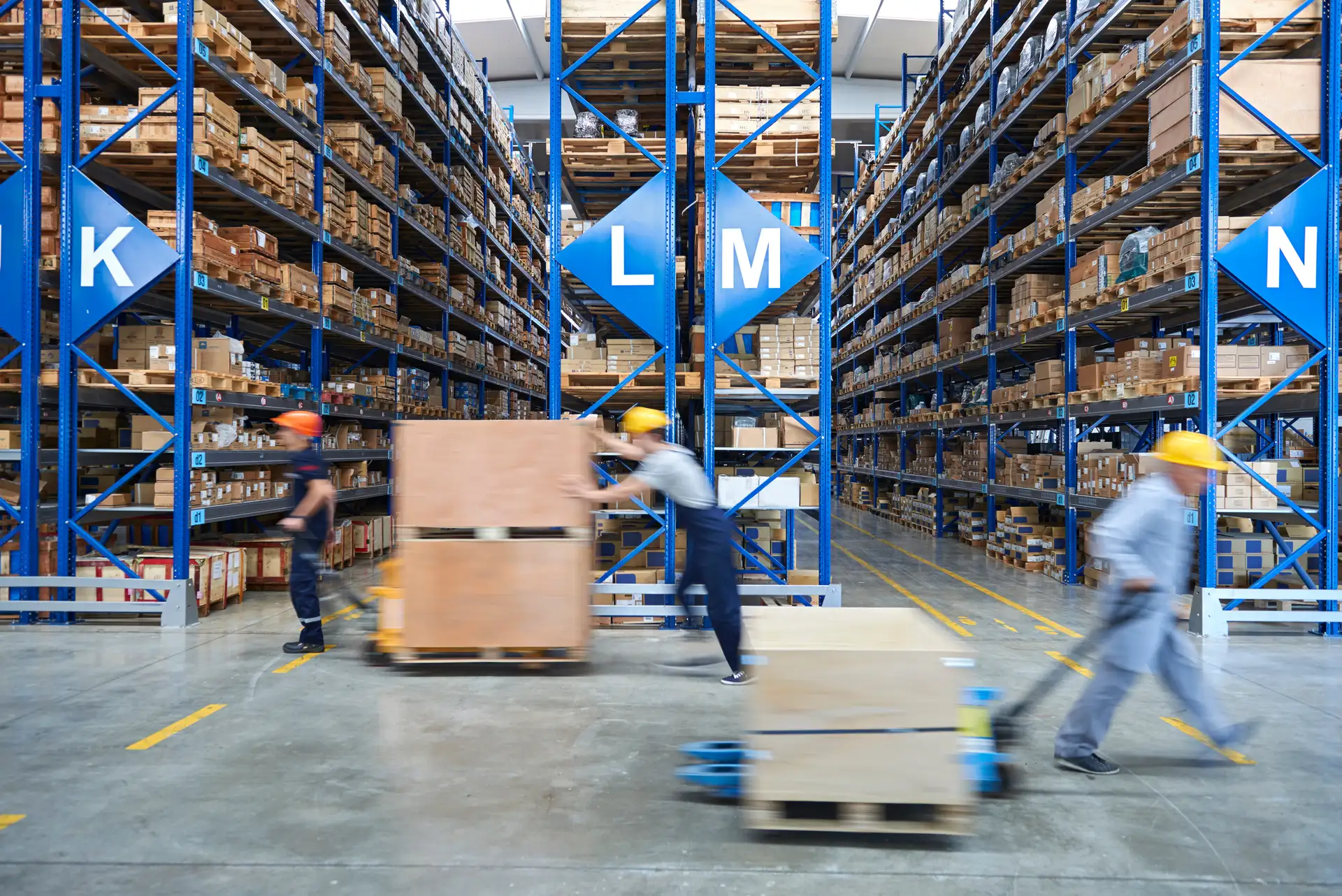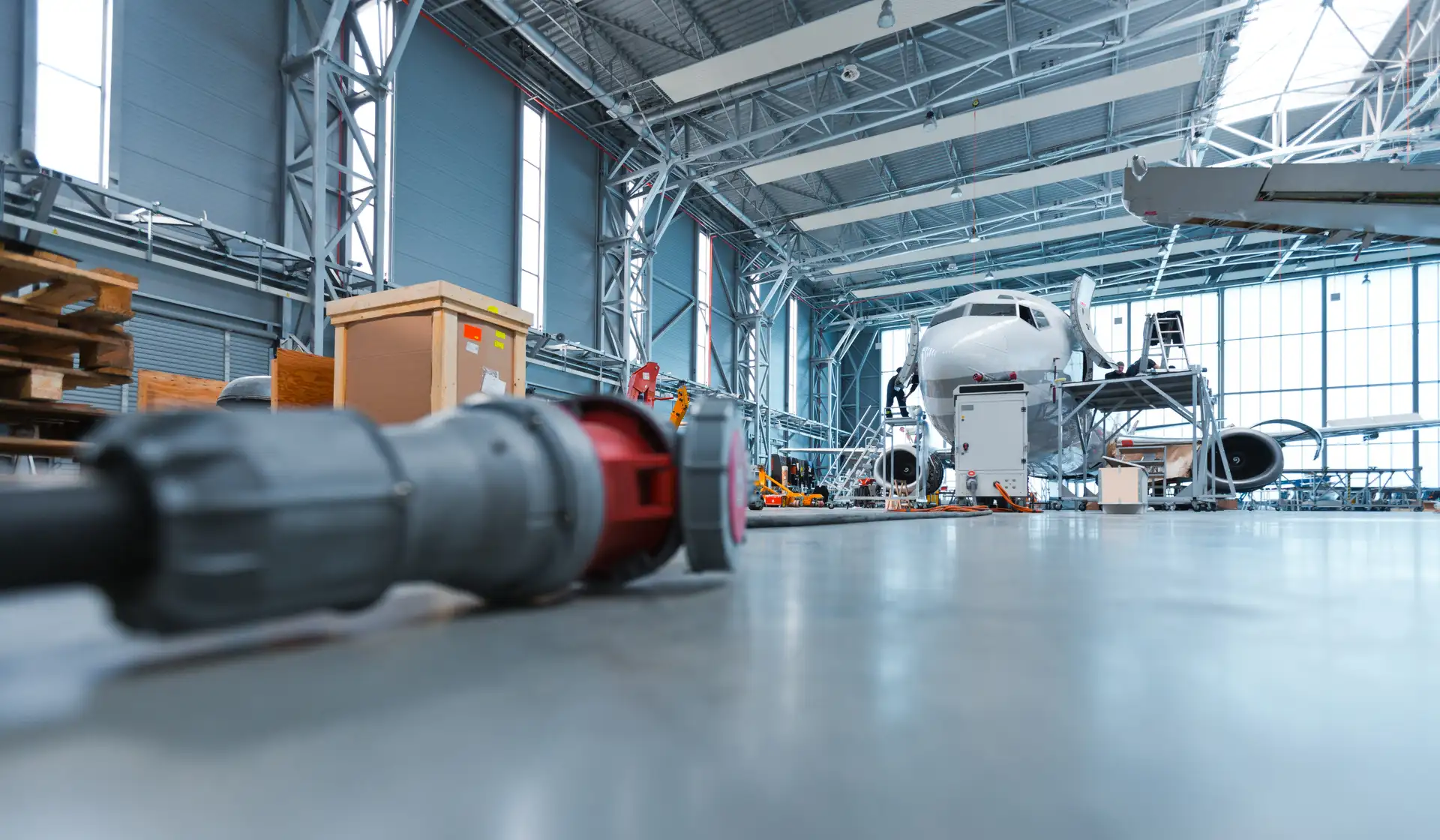Our experts were able to save a leading aviation company tens of thousands of pounds in duty by ensuring their processes fully followed the FAA’s stock control auditing guidelines.
In practice, our client felt that it was an additional administrative burden whereas in reality, it was just one extra tick-box on an Enterprise Resource Planning (ERP) system.
This major European supplier of parts for multiple airlines had failed an audit by the authorities and was in danger of losing beneficial duty wavier programs.
- The audit by customs identified violations of EU Regulations for goods held under customs control.
- The company was subjected to enforcement actions initiated by the customs authorities including the payment of penalties.
- The company which is not based in the E.U. faced an internal lack of regulatory knowledge to manage complex E.U. regulations and manage the risks, robust processes to provide transactional compliance and Part HT Classification expertise.

